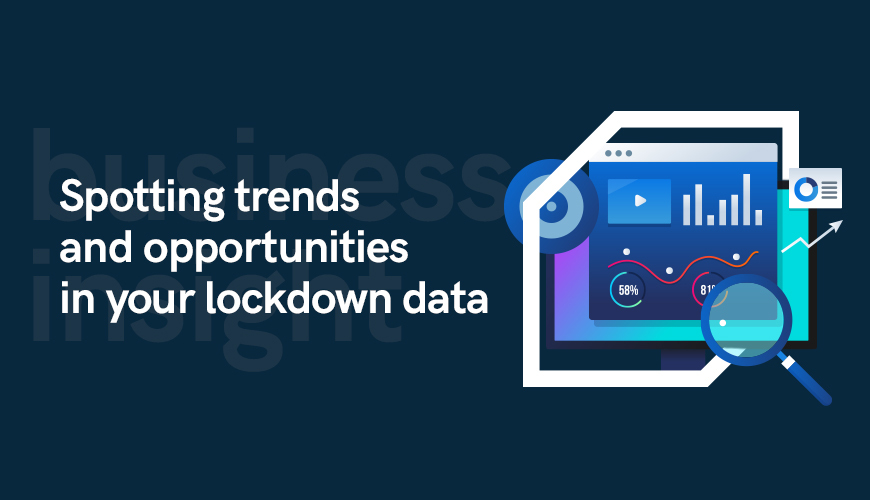5th June 2020
DuckDuckGo and their major advertising push

Last week I noticed a new billboard at the top of my street. Having something new to look at during lockdown brings indescribable excitement. This advert in particular caught my eye. The phrasing used was simple: Want The Same Internet But More Privacy? We can help.
It was an advert for search engine DuckDuckGo (DDG), but what’s it all about?
What is DuckDuckGo?
Think of it like Firefox for search engines, it calls itself a “privacy first” search engine. DuckDuckGo doesn’t track you – at all, so it can’t sell personalised advertising. It also can’t sell any of your data to anyone, because it doesn’t hold any data about you.
What’s the need for it?
The business models used by Facebook and Google are increasingly becoming viewed as invasive. Many articles now suggest they are overstepping the mark when it comes to tracking your activity online. When you talk an obscure topic then adverts appear for said topic in Instagram or Facebook? That’s personalised advertising.
To put it another way, a personalised search will present news sources it thinks you want to read. Its business is generating clicks after all. Interested in avoiding “echo chambers” or finding alternative sources of information? None personalised search does this as it knows nothing about the person entering the search query.
How does it work?
Like Google, DDG provides little information about its inner workings. Any time a member of staff makes *any* statement online, the digital community analyses every word for clues.
A comment from a member of staff almost 8 years ago suggests they pull information from various sources (most notably Bing) then use their own proprietary ranking algorithm to improve those results.
So, not a million miles away from any other search engine not revealing exactly what the secret sauce is, but they admit to using data from other search engines. This has led to them being described as a “hybrid search engine” in some quarters. Taking the best bits of others then offering something better of their own.
How’s it doing?
At the time of writing its market share is tiny. Looking through some of our clients’ organic traffic sources, we can’t find a single site where more than 0.5% of traffic arrived through DDG.
With a heavy emphasis on privacy, it’s not a surprise to see this number slightly larger in legal firms (averaging 0.3-0.5%) compared to professional services or the entertainment sector (0.1-0.2%).
What should I do about it?
Right now, nothing. Its market share is too low to make it a player in the digital marketing world – this could change if its marketing maintains this level of aggression and coverage.
What we can say with confidence is that no search will ever punish you for these basic principles: producing new, quality and relevant content on your website. Keeping your site secure and make sure it loads quickly.
Need help with any of these? Get in touch.


